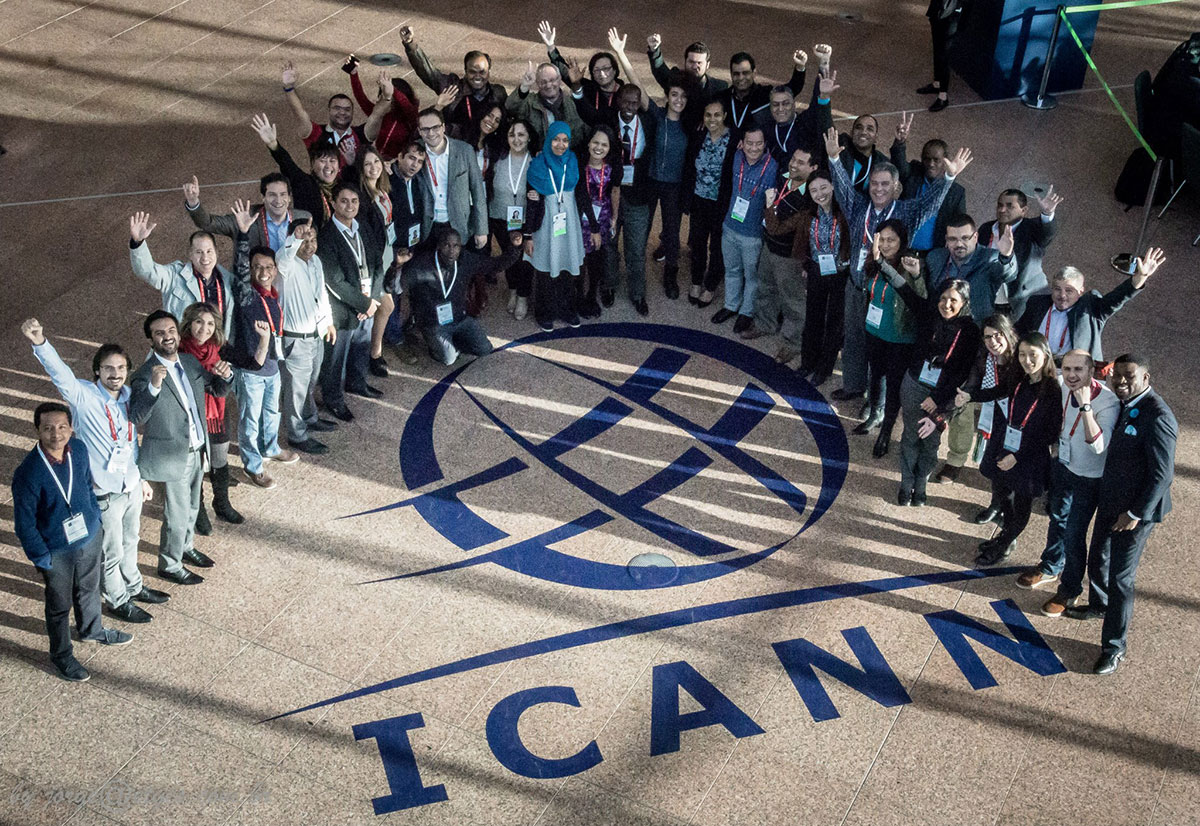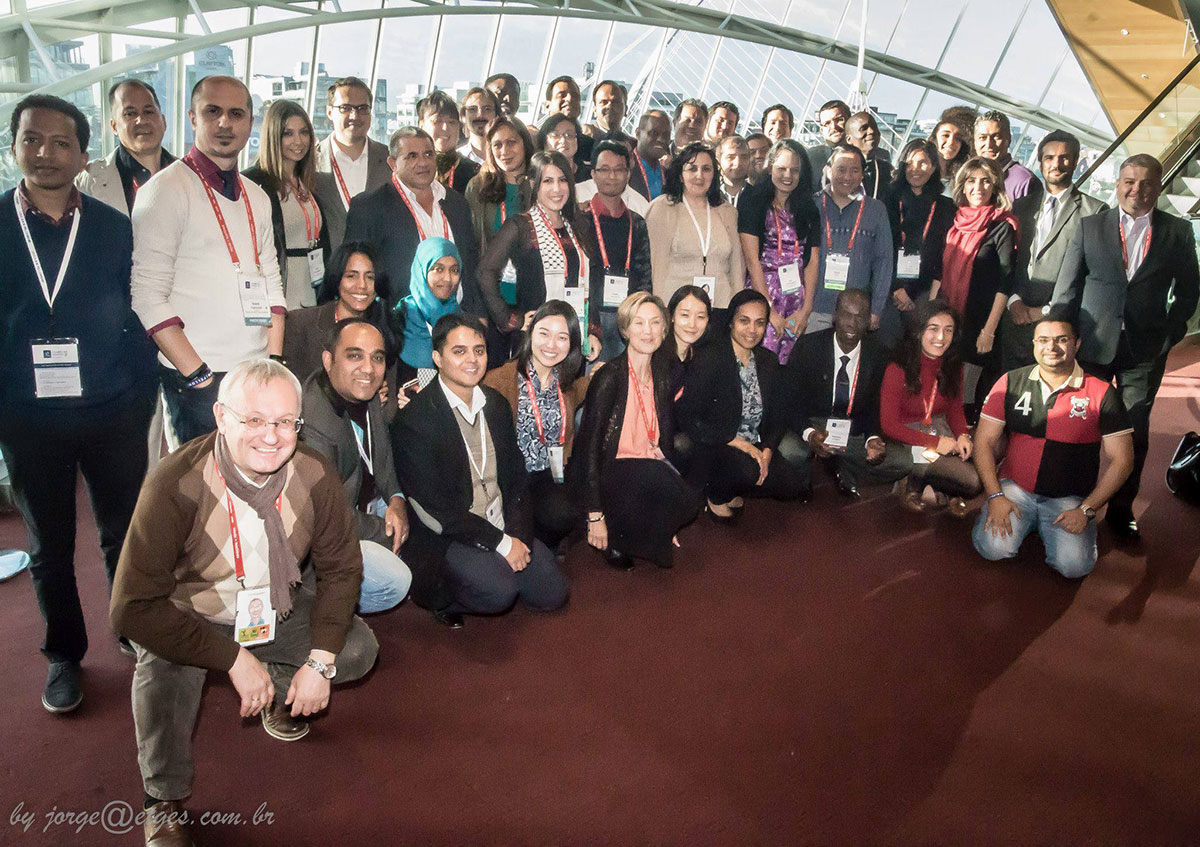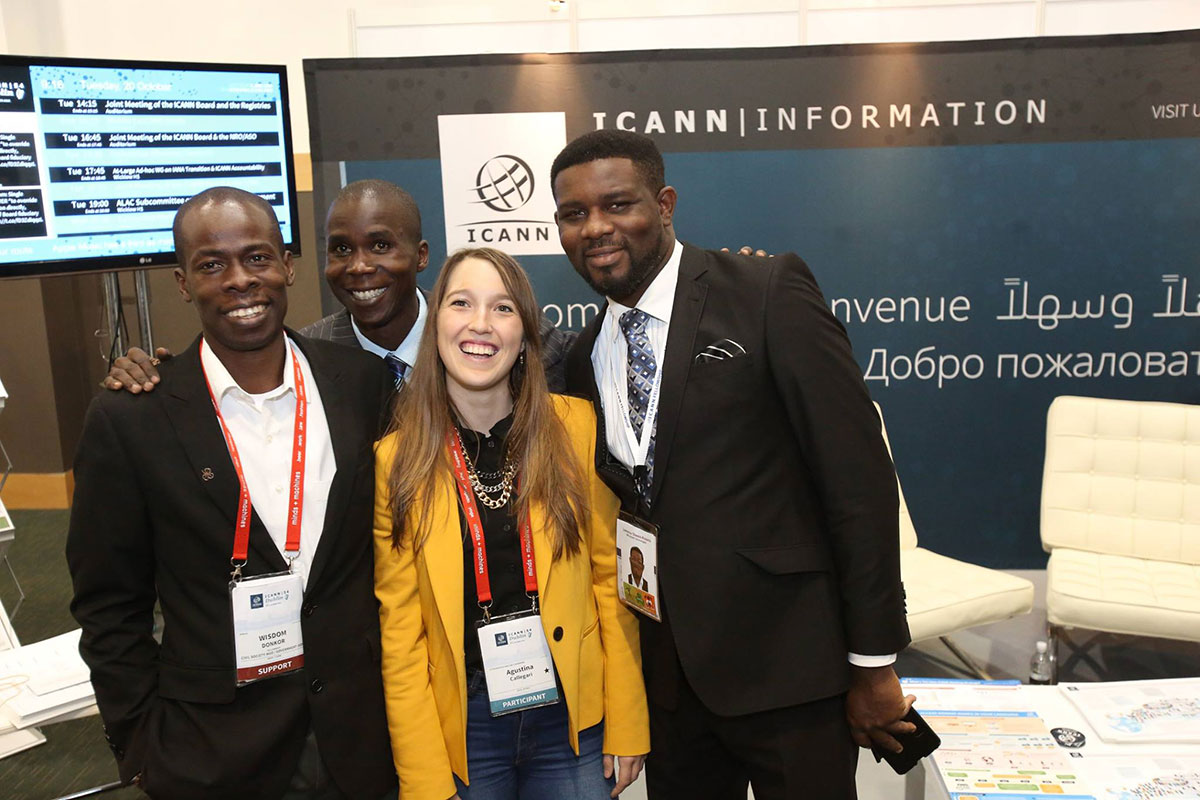Dublin 2015 Fellowship Participants
- Abdalmonem Galila – Egypt – ccTLD Operations (Registry Fellow)
- Aida Mahmutovic – Bosnia and Herzegovina – Civil Society
- Aleksandar Popovic – Serbia – ccTLD Operations
- Alkhansa Abdalla Mohamednasr – Sudan – Technical
- Ana Kakalashvili – Georgia – Academic
- Andrii Pazluk – Ukraine – Academic / NCSG
- (COACH) Babu Ram Aryal – Nepal – Civil Society / At Large
- Bikram Shrestha – Nepal – Civil Society / At Large&NCSG
- Bonface Witaba – Kenya – Civil Society / At Large
- Charne Le Roux – South Africa – Business/ IPC
- (COACH) Dusan Popovic – Serbia – Academic / ccNSO / IPC
- (COACH) Dwi Simanungkalit – Indonesia – Government / GAC, NCSG&NCUC
- Elsa Saade – Lebanon – Civil Society / NCSG
- Freddy Manullang – Indonesia – ccTLD Operations
- Gazi Zehadul Kabir – Bangladesh – Business / At Large
- Geoffrey Harris – Nauru – Government / ccNSO
- Gilbert Lebon – Seychelles – ccTLD Operations
- (COACH) Jason Hynds – Barbados – Technical / At Large
- (COACH) Jia He – China – Academic / NCSG&NCUC
- Jose Raul Solares – Guatemala – Government
- (COACH) Julian Esteban Lescano Cameriere – Argentina – Business / NCUC
- Karel Douglas – Trinidad and Tobago – Government / NCSG&NCUC
- Kinfemicheal Yilma Desta – Ethiopia – Academic / gNSO
- (COACH) Lawrence Olawale-Roberts – Nigeria – Business / At Large / gNSO
- (COACH) Lianna Galstyan – Armenia – Civil Society / At Large
- Mahdi Taghizadeh – Iran – Technical / NCSG
- Manuel Haces-Aviña – Mexico – ccTLD Operations / ccNSO
- (COACH) Martin Pablo Silva Valent – Argentina – Academic / NCSG&NCUC
- Mehrzad Azghandi – Iran – Civil Society
- Mona Eilouti – Jordan - Technical
- Nabil Benamar – Morocco – Academic
- Narine Khachatryan – Armenia – Civil Society / At Large and NCUC
- Neil Checo – Dominican Republic – Government
- (COACH) Oleksandr Tsaruk – Ukraine – Government / GAC
- Priscilla Kevin – Papua New Guinea – Business
- Rahul Sharma – India – Security
- (COACH) Rao Naveed Bin Rais – Pakistan – Academic / gNSO
- Rapid Sun – Cambodia – Government
- Rita Eteuati – Samoa – Technical
- Rogerio Mariano de Souza – Brazil – Technical / NCSG
- Serupepeli Neiko – Fiji – Security
- Tattugul Mambetalieva - Kyrgyz Republic – Civil Society/NCUC
- Tepua Hunter – Cook Islands – Government / GAC and At Large
- (COACH) Wanda Miguelina Pérez Peña – Dominican Republic – Academic / (ISPCPC Fellow)
- Wen Zhai – China – Civil Society / gNSO (Registry Fellow)
- Yurly Kargapolov – Ukraine – ccTLD Operations
- (COACH) Zakir Syed – Pakistan – Civil Society / NCSG
*Missing from Photo: COACH Bram Fudzulani



